Parent Resources
Staying Sane During the Winter Months
ABA 101
How Can I Best Prepare for an ABA Therapist in My Home
7 Resources for Newly Autism Parents
How to Encourage Parents to Engage in their Child's ABA Treatment
ABA: The Basics in a Child's Development
A Day in the Life of a BCBA
Parent's Role in ABA Therapy
Fireworks: Navigating the Spectacle with Sensitivity
Providing ABA Therapy to Adolescents
Exploring the World Safely: Practical Tips for Teaching Street and Outdoor Safety
Guide to Social Security Disability Benefits
From Struggles to Strength
A Comprehensive Guide to Riding the School Bus: Tips for a Safe and Fun Journey
How ABA Therapy Works Under the Commercial Insurance Model: Detailed Guide
Parent Support Group
ABA Therapy Covered by Private Insurance in New York
ABA Therapy and Child Health Plus (CHPlus) in New York
ABA Therapy Insurance Coverage in New York
© 2026 CB - SUPPORT. All rights reserved.
- Toll-free: 1-866-222-1111
- Corporate office: 212-ABA-4ASD (222-4273)
- Corporate Headquarters: 1649 61st Street Suite 301 Brooklyn, NY 11204
Click here to talk with
a Care Specialist


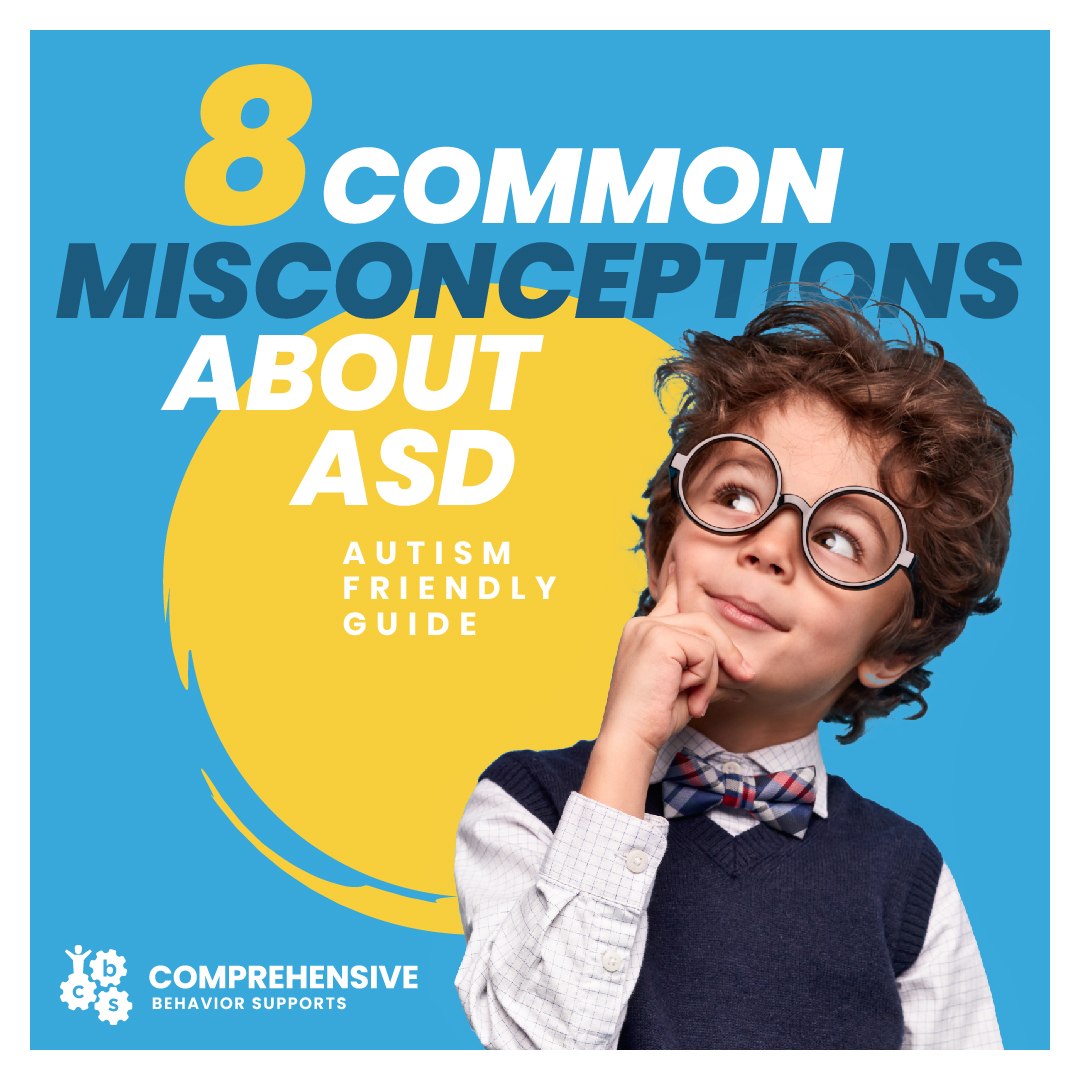
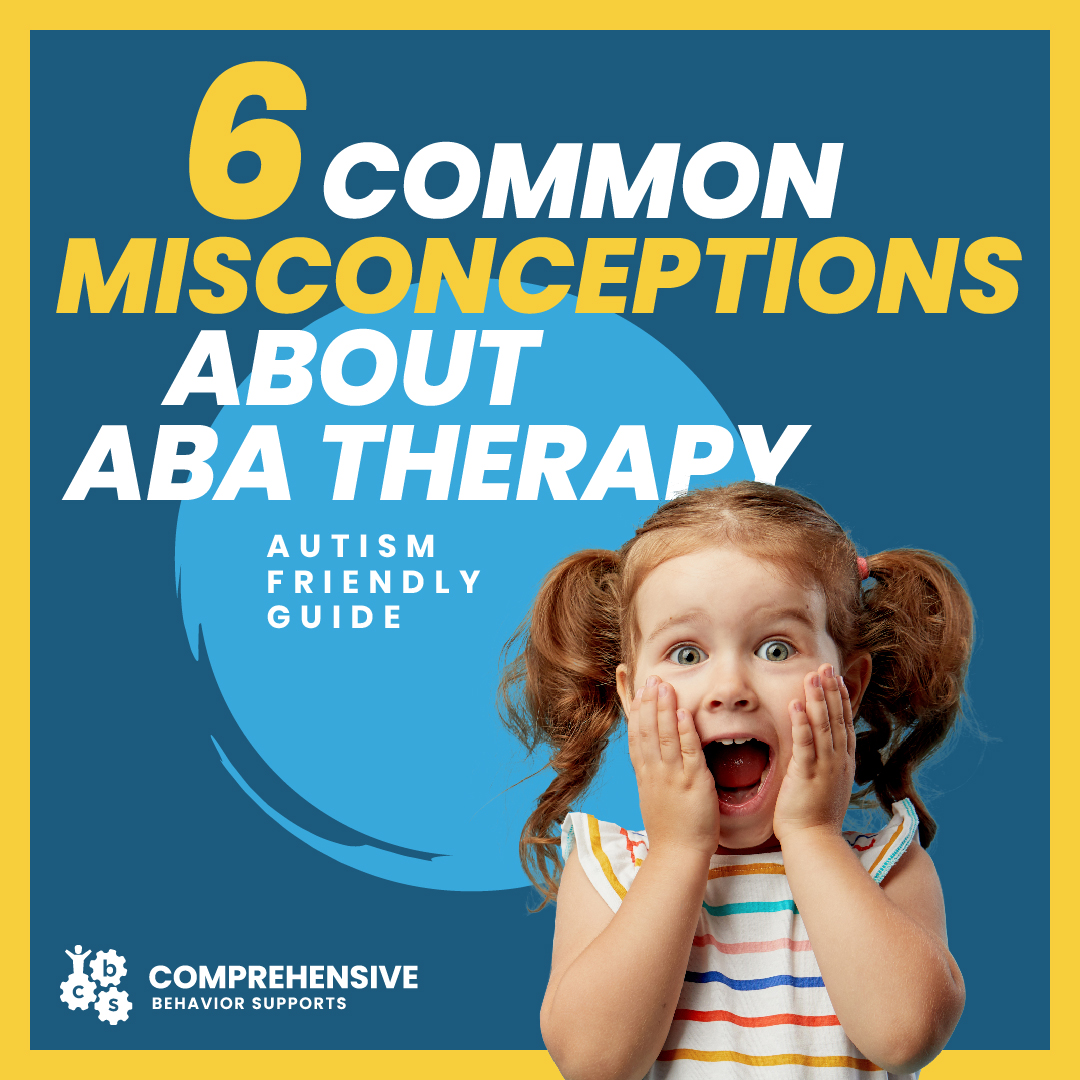
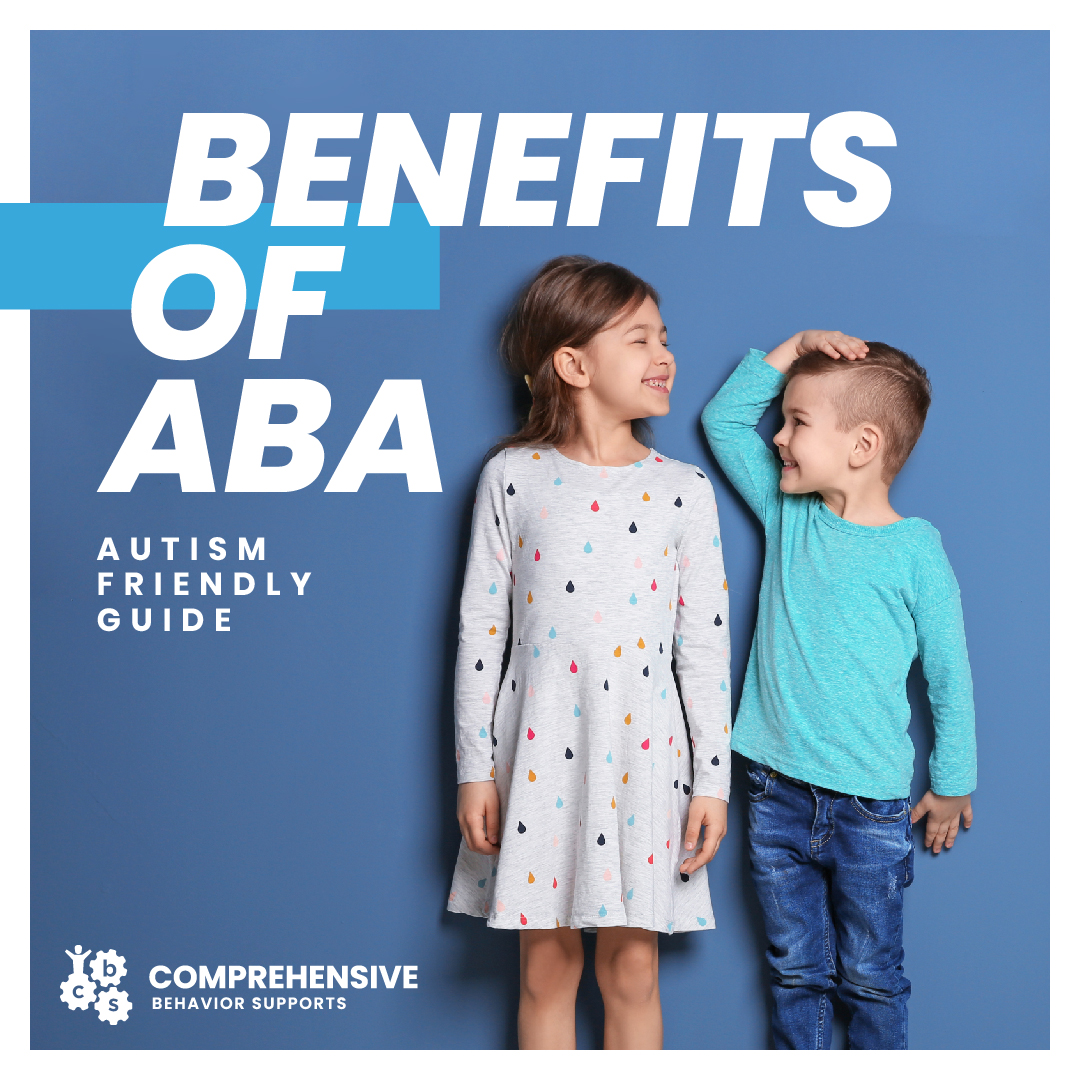

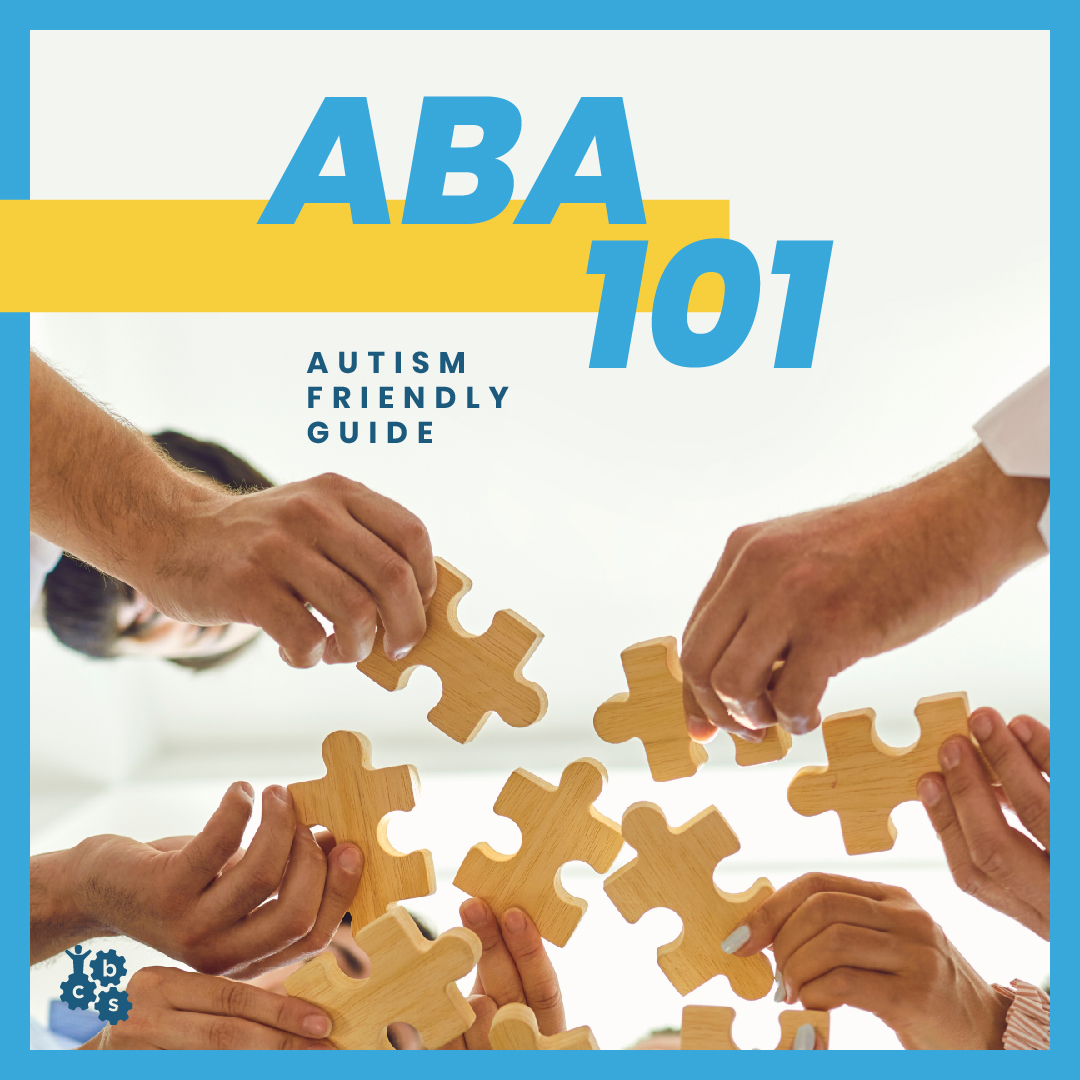
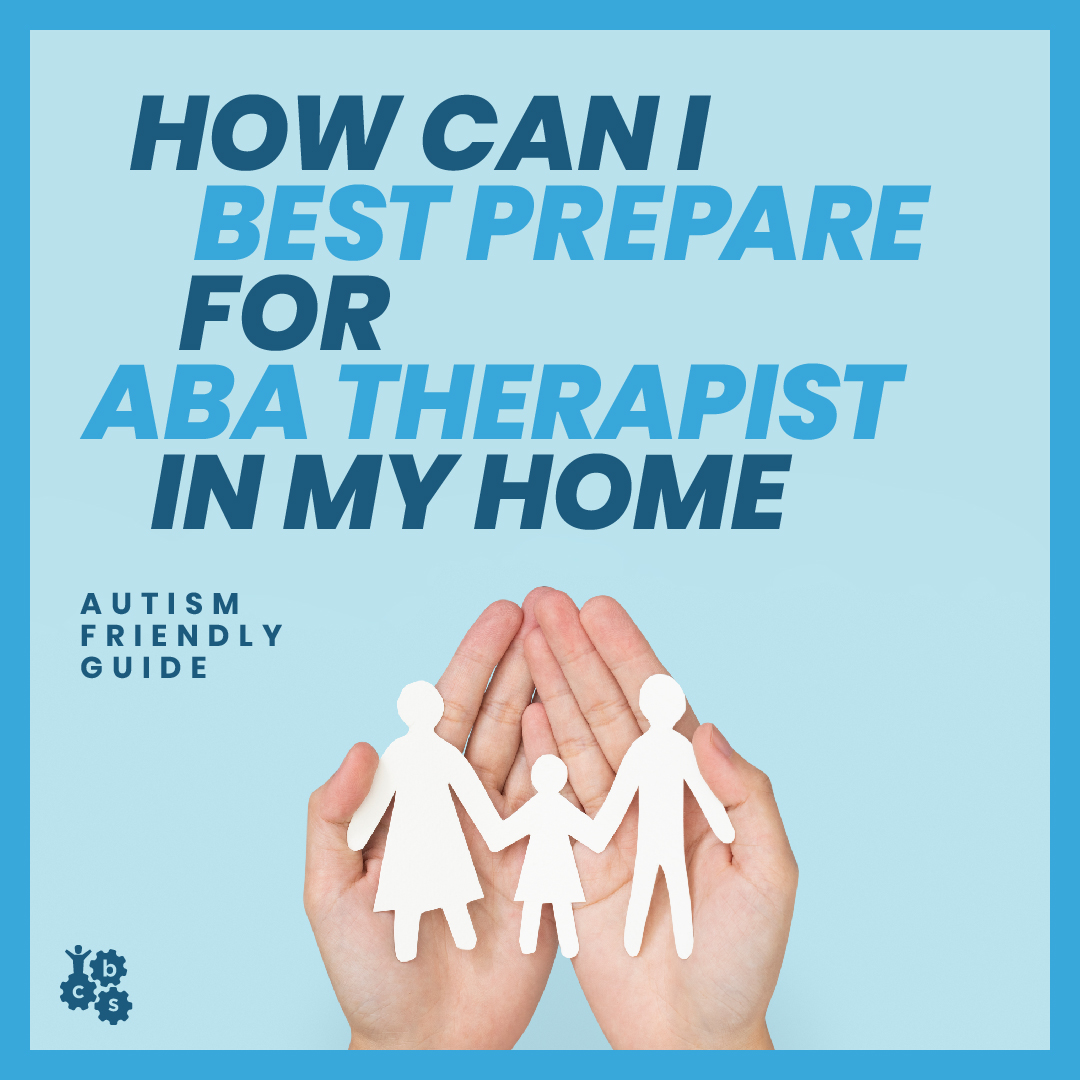
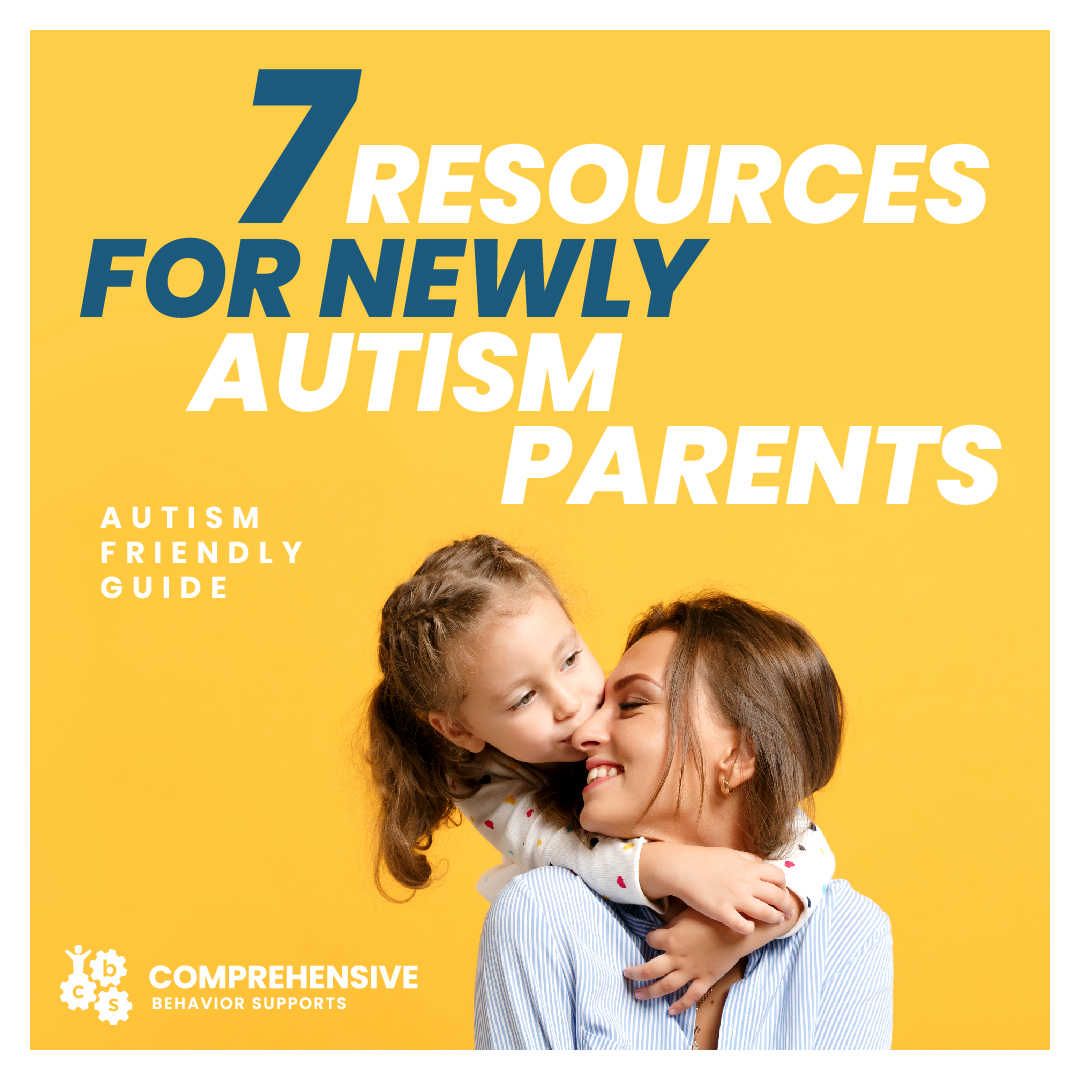

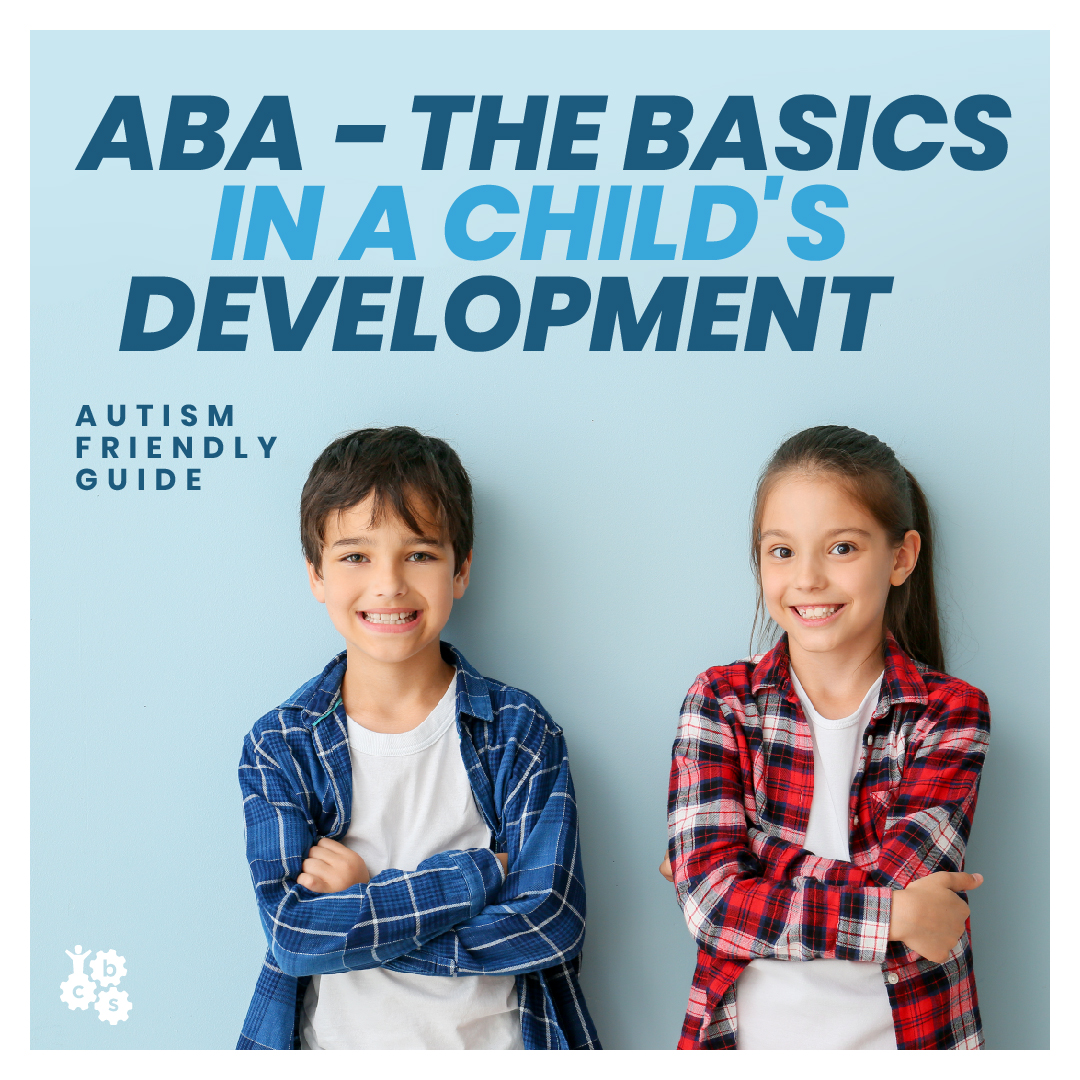


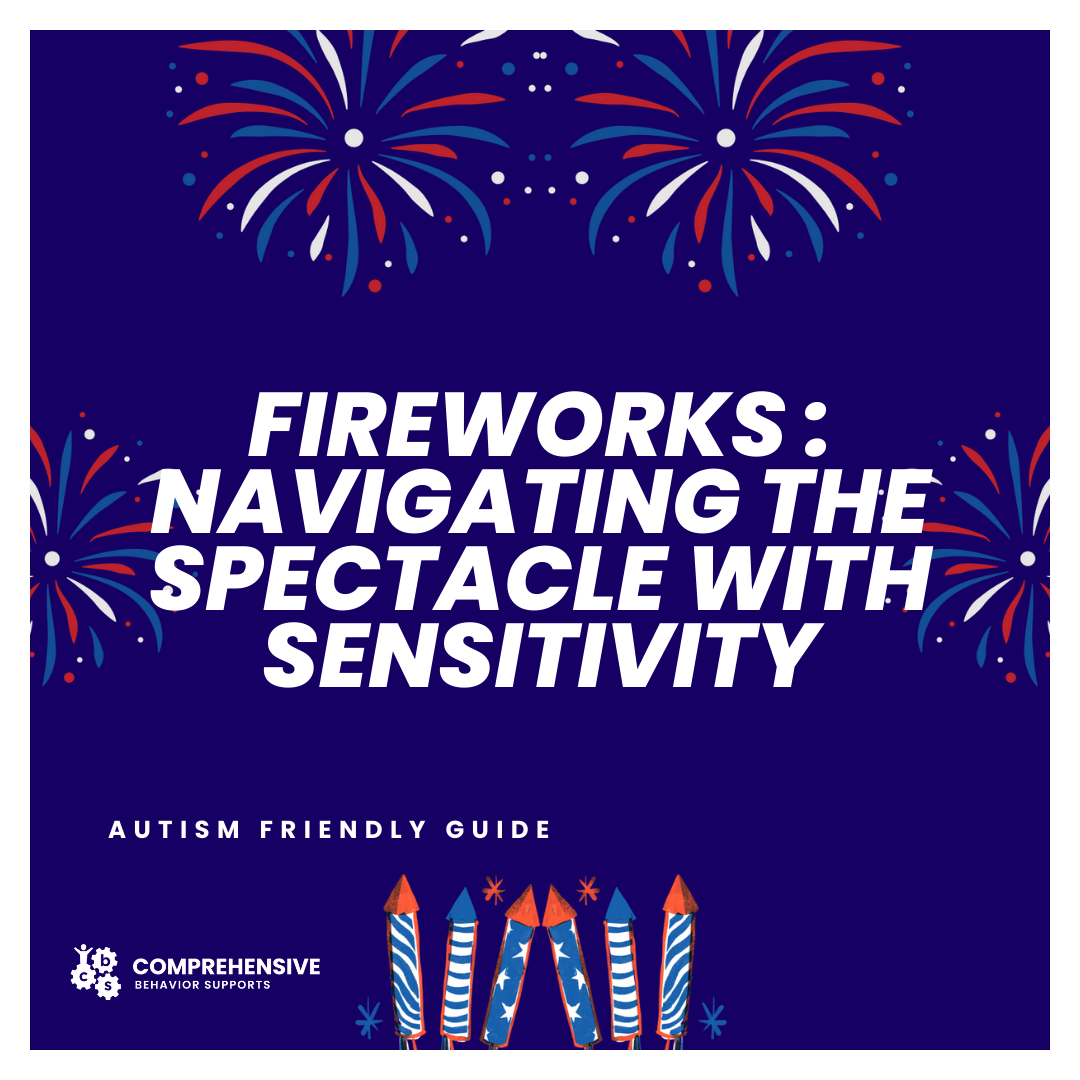







.png)







